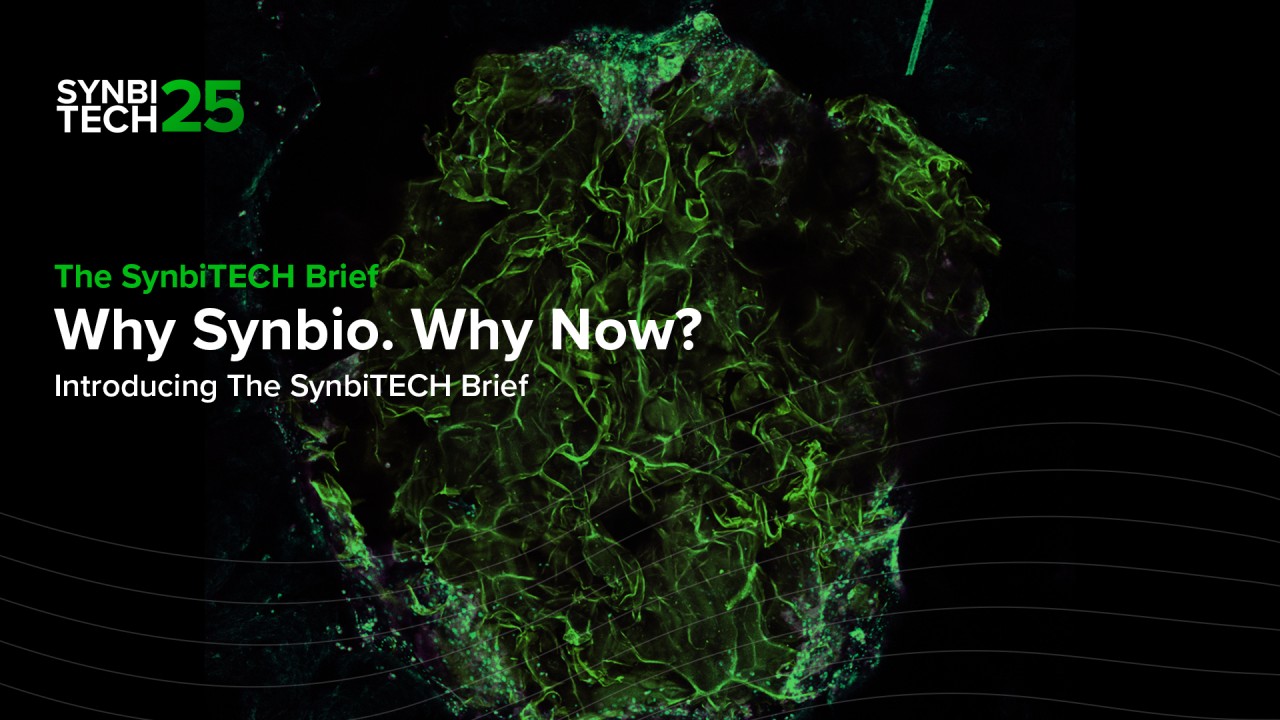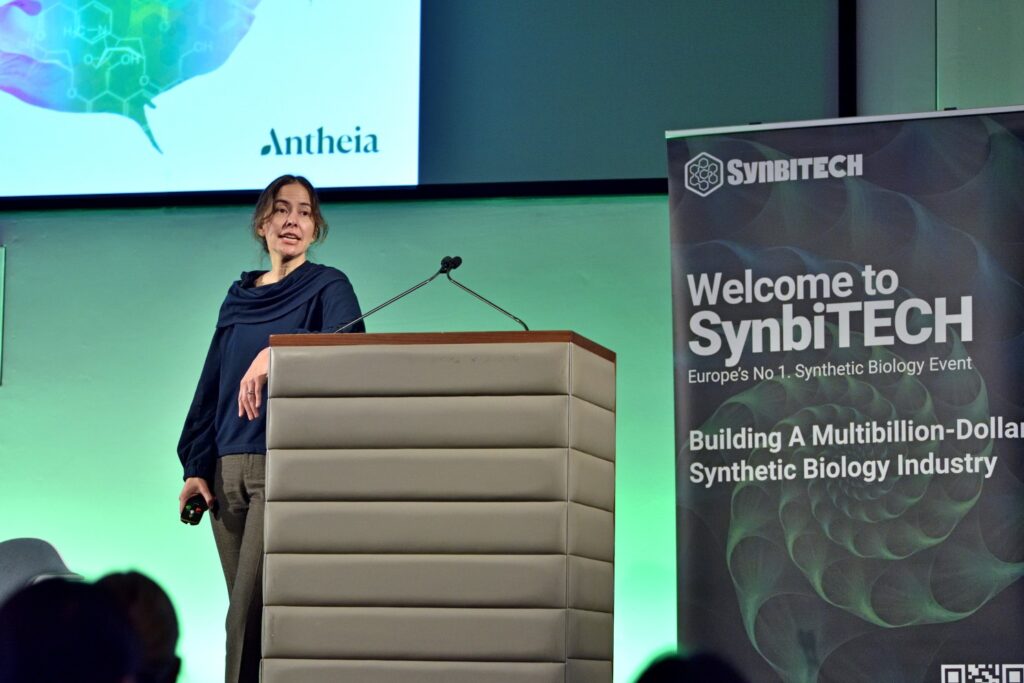Why Synbio. Why Now?

Synthetic biology is no longer an emerging field. It is a global driver of sustainable innovation, economic opportunity, and industrial transformation. From bio-manufacturing and personalised medicine to next-generation materials and climate solutions, engineering biology is delivering impact across sectors.
That momentum is what makes 2025 such a pivotal year. As global attention focuses on bio-based economies, SynbiTECH returns this December to explore the infrastructure, investment and policy foundations required to scale SynBio responsibly.
Introducing The SynbiTECH Brief
This newsletter will bring you key updates ahead of SynbiTECH2025 from speaker insights, SynBio trends, and stories from across our community. Whether you’re scaling a start-up or shaping regulation, we hope to make this your go-to snapshot of what’s next.
Spotlight Moments from SynbiTECH2024
SynbiTECH2024 brought together global leaders in engineering biology for two days of bold ideas and practical insights. Here are three sessions that offered sharp perspectives on the challenges and opportunities of scaling synthetic biology:

- Christina Smolke (CEO of Antheia, Inc. ) shared how Antheia’s whole-cell engineering approach is streamlining the production of complex pharmaceutical ingredients. By designing microbes that can produce key compounds like Thebaine, Antheia is reducing the industry’s reliance on plant extraction, cutting costs, and improving supply chain resilience. Her keynote underlined how deep science can enable real-world industrial impact, the importance of getting the scale-up right, and why fermentation is poised to be pharma’s next major platform.
- Jens Nielsen (CEO of the BioInnovation Institute ) reflected on Europe’s untapped potential in synthetic biology, arguing for stronger links between academia and industry. He highlighted the need to train scientists not just as researchers, but as entrepreneurs capable of commercialising discovery. With examples from the BioInnovation Institute’s start-up portfolio, Nielsen made the case for ecosystem-level change to turn breakthrough science into sustainable business. He also emphasised the need to stay open to how a single breakthrough might unlock value across multiple sectors, from therapeutics to materials and beyond, the most transformative technologies rarely stay confined to their original domain.
- Johann Partridge & Luke Braidwood (MiAlgae) shared how their company is redefining omega-3 production with a sustainable, scalable alternative. Traditionally sourced from wild-caught fish, omega-3 production contributes to the depletion of marine ecosystems, with global demand outstripping supply and 16 million tonnes of fish harvested annually. Yet fish do not produce omega-3s themselves, they obtain it from algae. MiAlgae bypasses this outdated supply chain by cultivating microalgae directly, using co-products from other industries as feedstock. Their innovative dark fermentation process reduces operational costs and offers a model for industrial biotechnology that is both commercially viable and environmentally regenerative.
As SynbiTECH2025 approaches, we’ll continue spotlighting the ideas and individuals shaping the future of engineering biology. Stay with us as we track the breakthroughs, the business models, and the bold thinking pushing the industry forward.

Stay connected to the fast-moving world of engineering biology with The SynbiTECH Brief – a fortnightly LinkedIn newsletter bringing you curated industry news, expert commentary, and behind-the-scenes updates on SynbiTECH2025.
Each edition will deliver fresh perspectives on the commercialisation of synthetic biology, from funding trends and regulatory shifts to platform innovations and sustainability solutions. Whether you’re a founder, investor, policymaker or scientist, you’ll find timely insights and thought-provoking ideas that connect the lab to the market.